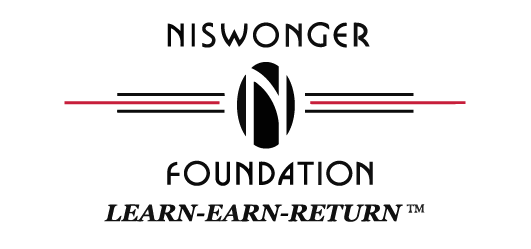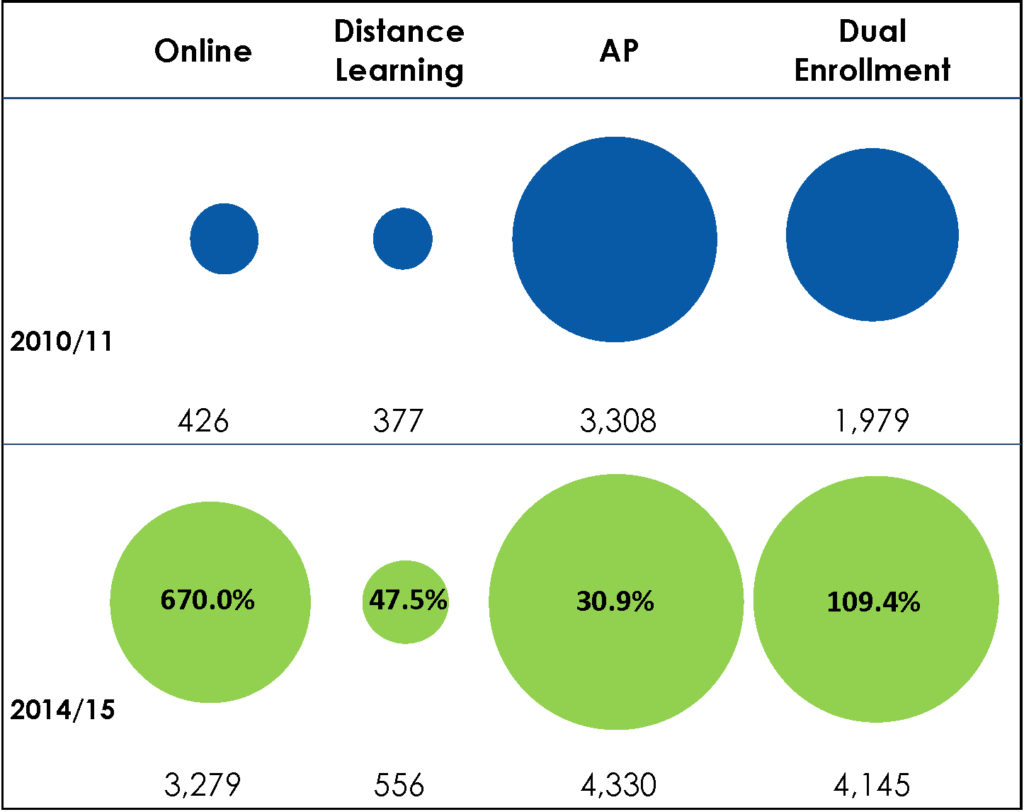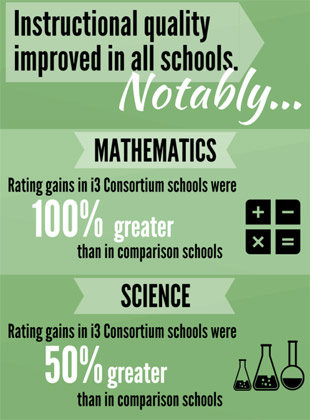Niswonger i3 Grant Overview (2010 – 2015)
Project Summary
The Niswonger Foundation’s Investing in Innovation (i3) grant awarded $17,751,044 from the U.S. Department of Education, which required twenty percent matching funds. These match funds were provided by the Bill and Melinda Gates Foundation, Rural School and Community Trust, J.P. Morgan Foundation, and Niswonger Foundation’s Chairman and Founder, Scott M. Niswonger.
Through the i3 Grant, the Niswonger Foundation established a college and career consortium of 15 schools districts and 30 secondary schools to serve 27,000 students. The Consortium goals were to (1) ensure all students graduate high school college and career ready, especially students from under-represented populations such as rural; and (2) improve the likelihood that students would successfully enroll in and complete college. The Consortium used six strategies to achieve these goals
- to increase the number of Advanced Placement (AP) courses offered;
- to increase the number of rigorous distance learning courses offered;
- to increase the number of rigorous online courses available to all consortium secondary students;
- to increase the number of dual enrollment courses available from post-secondary institutions;
- develop a Course Review Team to determine the courses needed in AP, online, and distance learning, prioritized by Science, Technology, Engineering, and Mathematics (STEM) courses, Career and Technical Education (CTE) courses, and upper-level foreign-language courses;
- provide additional career and college counseling resources to every secondary student in the consortium.


